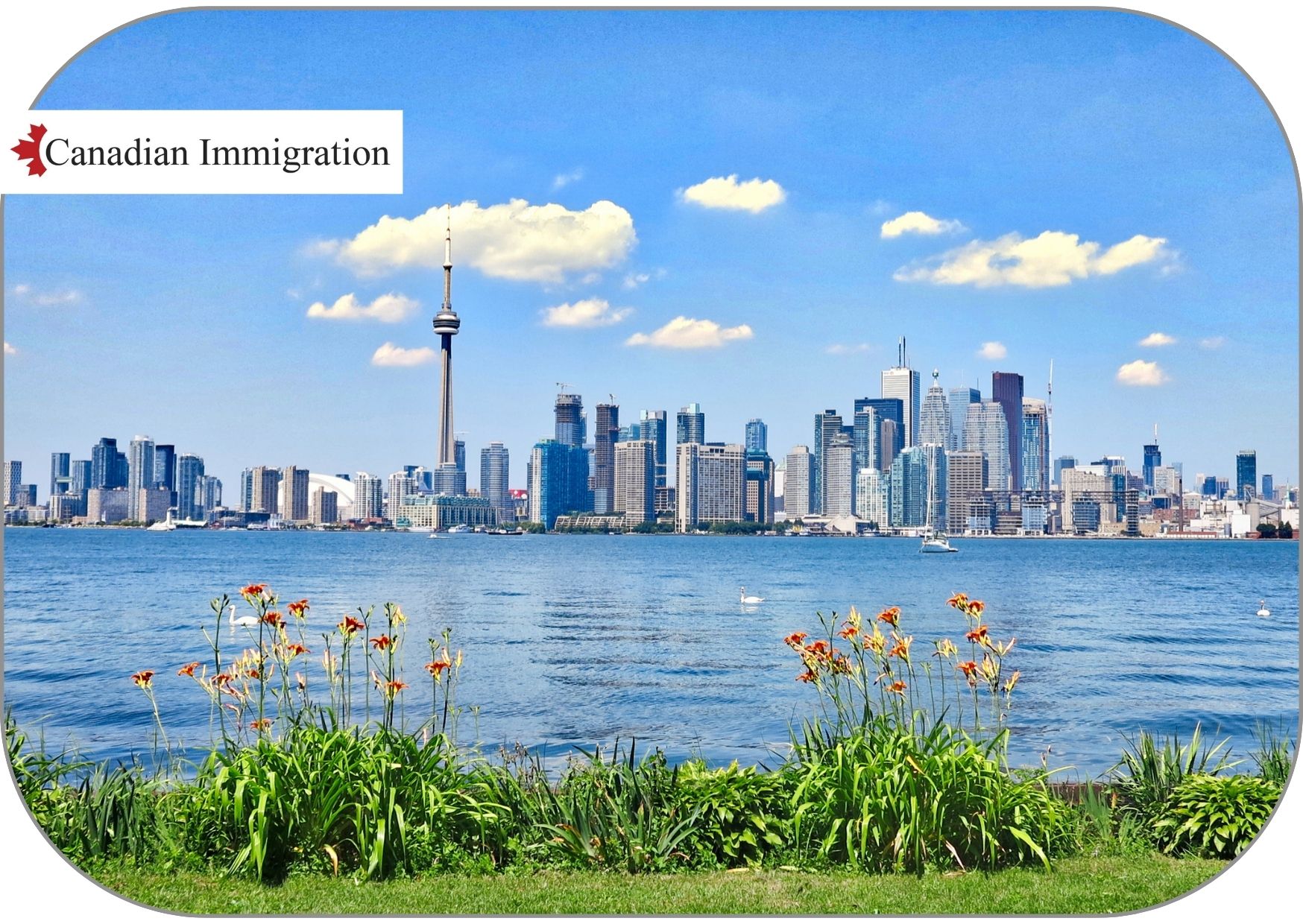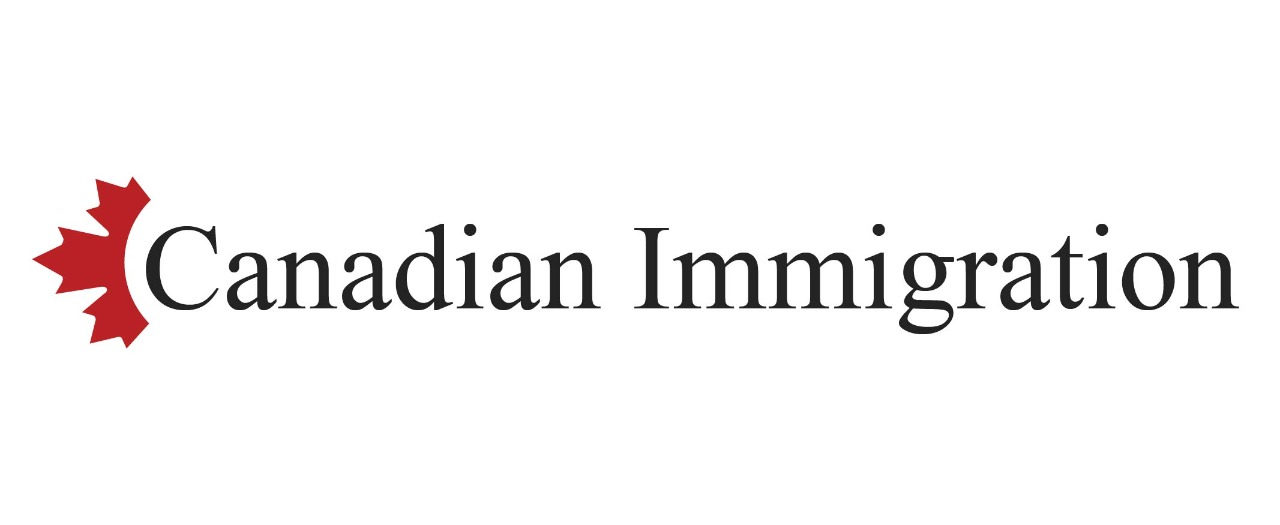Canadian Citizenship

Citizenship is the finish line at the end of a long journey for many immigrants who start a new life in Canada.
Many Canadian Permanent Residents who have successfully navigated the immigration process look forward to being granted citizenship and eagerly await the day they will be sworn in as an official Canadian citizens. Before that day arrives, they must complete a few final processes before Immigration, Refugees, and Citizenship Canada (IRCC) authorizes their Canadian citizenship application.
Canadian Citizenship Requirements
Permanent residents, like all other Canadian immigration programs, must complete a specified set of standards in order to be considered eligible to apply for citizenship. Applicants will also need to submit confirmation that they have lived in Canada for three years out of the five years preceding their signed application, among other things.
Making an Application for Citizenship
Following changes to the Citizen Act that went into effect in late 2017, Canadian permanent residents can now expect a faster and smoother application process for citizenship. Eligible applicants must pass the Canadian citizenship test and may be required to appear before a citizenship judge if IRCC so requests. After being approved, candidates will attend a Citizenship Ceremony to take the Oath of Citizenship, at which point they will become Canadian citizens.
Citizenship in two countries
Because Canada recognizes dual citizenship, you will not be obliged to give up your natural citizenship if your application is approved by IRCC.
Responsibilities and Rights
Once given Canadian citizenship, a permanent resident has the same rights and obligations as a natural Canadian citizen. Though permanent residents have many of the same rights as citizens, the most prominent differences are the ability to vote in federal, provincial, and municipal Canadian elections, as well as the removal of residency requirements.
If you do not provide acceptable proof of adequate understanding of English or French, IRCC will return your application as incomplete. On the IRCC website, you can learn more about the linguistic requirements for citizenship.
If you are or have formerly served in the Canadian Armed Forces, you may be eligible for a streamlined application procedure.
You can use the Residence Calculator to see if you have been a permanent resident in Canada long enough to apply for citizenship. It will tell you when you will be eligible to apply if you have not been in Canada long enough.
The applicant must either be a Canadian citizen or be applying to become one. Minors are exempt from the residency requirement.
You may already be a citizen of one of your parents who was a Canadian citizen when you were born, depending on when you were born. If that is the case, you must apply for proof of citizenship in order to be recognized as a Canadian citizen.
If you have recently been or are now in jail, on parole or probation, are serving a conditional term, or have been charged or convicted of an indictable offense, you cannot become a Canadian citizen. You cannot apply if you are subject to a deportation order.

